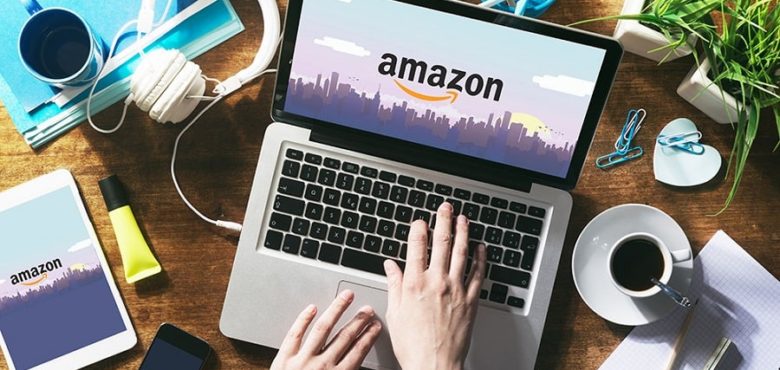Category:

- March 18, 2020
Make Money on Amazon
If you are not aware of that small online bookstore that grew up to become a retailing giant, you must have been living under a rock for a while. It’s one of the key players we would mention when talking about the demise of traditional brick-and-mortar stores. Of course, we are talking about Amazon.
They might have once sold books, but nowadays, they sell almost everything you can think of. And it’s not only that they are a retail giant.
Fingers in All the Pies
Their web services offering (AWS) include one of the most popular cloud solutions out there (alongside Google Cloud and Microsoft’s Azure). They also do hardware and had notable success with their Kindles and Fire tablets.
They have also acquired Ring, the hugely popular video doorbell solution. They have also gotten their hands in content production and distribution with Amazon Studios (delivering original content on Amazon Video) and Twitch. More recently, they made a step into the traditional retail space by acquiring Whole Foods. It’s truly a behemoth with their finger in multiple pies.
Explosive Growth
The story of Amazon is pretty amazing. Jeff Bezos incorporated his company in 1994, went public in 1997, and started seeing positive cash flow in 2001. Amazon’s market capitalization surpassed Walmart’s in 2015. Between 2002 and 2010, in just 10 years’ time, Amazon’s stock price multiplied 16-17 fold. These are growth numbers that will make any investor pinch themselves to see if it’s real.
What’s interesting about Amazon, and what makes it the poster boy for the destruction of traditional retail, is how much of the digital real estate they own. Google will actually point to Amazon being its main competitor when it comes down to product searches. Some research will say that product searches start on Amazon, especially when it comes down to user journeys that are in the final stages before buying.
The Secret to Amazon’s Success
But how did Amazon reach this dominant position in the market? There are always people who might think it’s luck. Or being there at the right time with the right proposition. But there is more to Amazon’s dominance than happenstance. Remember, it went from an online bookstore to something very much different.
First and foremost, Amazon is a logistics company. They might say themselves they are a tech company and that the tech is what’s powering the logistics part. That’s all true, but the power of the Amazon retail business lies in the fact that they are a platform more than anything else.
Become a Seller
As a platform, Amazon did not sell its own products (as a default) until recently, but offers would be merchants (so-called sellers) to utilize the Amazon front end (the shop) and any of the logistical support levels one might require. Getting on the platform isn’t even that challenging for anyone who wants to start.
You just need a product that you think there is a demand for. If you have big plans and want to import products from, say China, it’s a good idea to check out the Yiwu market that offers turnkey solutions for those who have the seed money. If you can get products and get it all labeled and shipped, you can use Amazon for the rest. The full-service package is called Fulfillment by Amazon (FBA), where you let Amazon store, pick, pack, and deliver your products. Obviously, you will have to give Amazon a larger cut of the revenue when choosing FBA, but there are additional benefits that make a massive difference to a seller’s failure or success on Amazon.
Pure Genius
The main one would be owning the ‘buy box.’ With multiple sellers on Amazon, the seller getting the actual sale would be the one who has the buy box at the time of the sale. One of the key determinants is whoever is offering the cheapest product. Amazon notifies all sellers of a product who has the lowest price, and this stimulates a bidding war that benefits the consumer.
The aforementioned FBA also helps in claiming the buy box as it’s not always the cheapest that will get the buy button. You will notice this when you see a ‘product is cheaper from x’ message under the buy box.
In most cases, these will be from sellers who are not on the FBA program, and therefore delivery might take longer. On top of that, consumers who have subscribed to a Prime subscription will usually filter out any listing that isn’t offered on the Prime proposition (free next day delivery). It’s Amazon’s brilliance again, making Prime such a big deal. Another piece of genius is how Amazon handles the initial payment of consumers and the payout to sellers. Don’t be surprised to find out that Amazon will (as standard) have a cooldown period between the initial payment by the consumer and the funds being made available to the sellers. This in-between time of these funds (and in Amazon’s care) is the so-called ‘float’.

